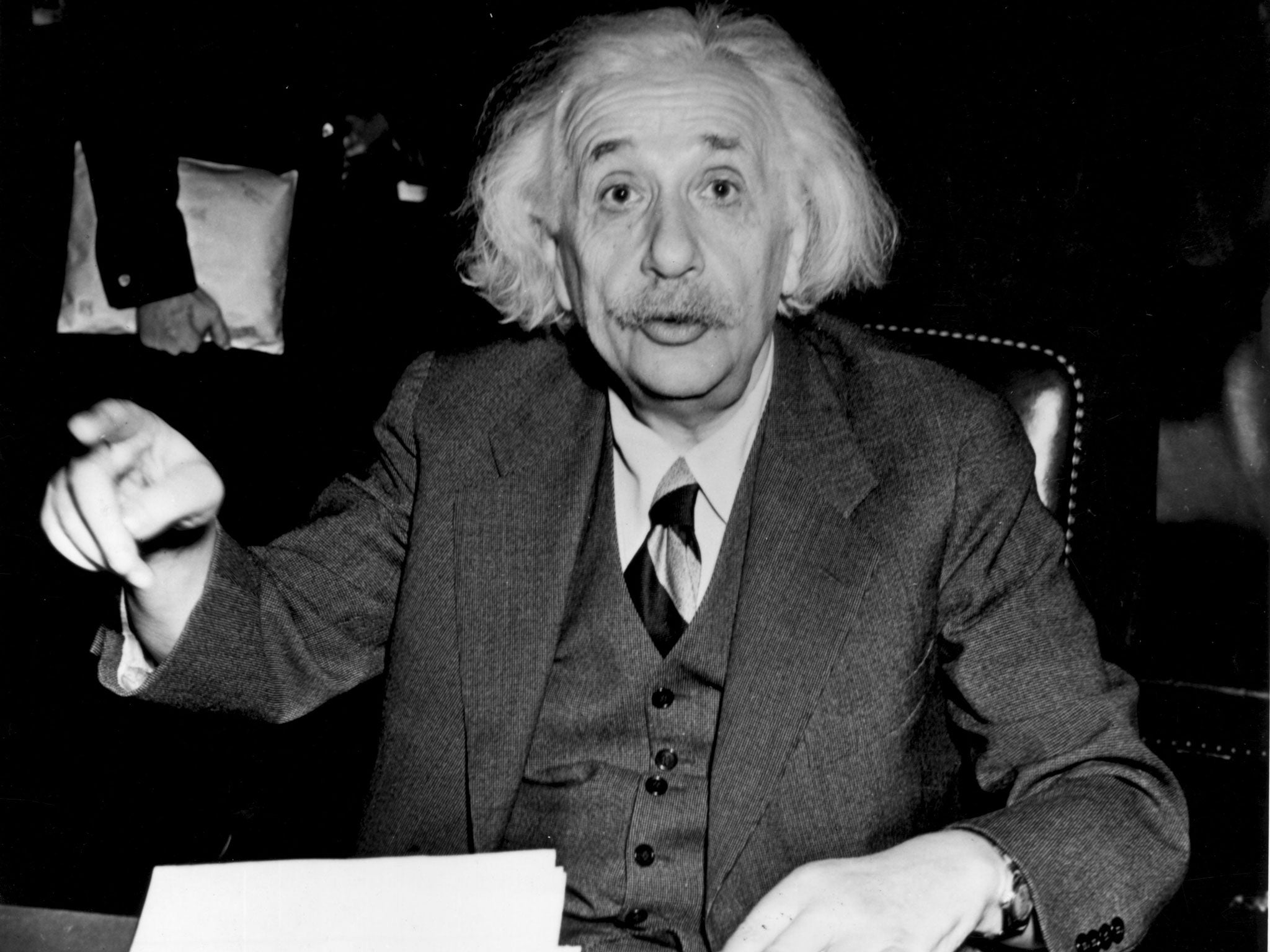The key to Einstein's genius? An unusually 'well connected' brain, says study
High-resolution photos of the influential physicist's brain find more extensive 'links' different regions

Your support helps us to tell the story
From reproductive rights to climate change to Big Tech, The Independent is on the ground when the story is developing. Whether it's investigating the financials of Elon Musk's pro-Trump PAC or producing our latest documentary, 'The A Word', which shines a light on the American women fighting for reproductive rights, we know how important it is to parse out the facts from the messaging.
At such a critical moment in US history, we need reporters on the ground. Your donation allows us to keep sending journalists to speak to both sides of the story.
The Independent is trusted by Americans across the entire political spectrum. And unlike many other quality news outlets, we choose not to lock Americans out of our reporting and analysis with paywalls. We believe quality journalism should be available to everyone, paid for by those who can afford it.
Your support makes all the difference.Albert Einstein's brilliance in shaping our understanding of modern physics may have been triggered by the left and right sides of his brain being unusually well connected, a study suggests.
The research compared measurements of high-resolution photographs of inside of the German-born particle physicist's brain with two samples, measuring the thickness of areas where nerves cross from one hemisphere of the brain to the other.
Weiwei Men of East China Normal University's Department of Physics, the lead author of the report laying out the study's findings, used a new technique to detail large bundles of fibres connecting the two cerebreal hemispheres in Einstein's brain.
The technique measures where nerves cross from one side of the brain to the other, and how thick they are.
These measurements show how “connected” the two sides of the brain are in selected regions, which make possible different functions depending on where the fibres cross.
The scientists were able to compare Einstein's measurements with those of the two samples, the first was of 15 elderly men and the other sample included brains of 52 men the same age as Einstein in 1905.
It was found that Einstein, who died in 1955 aged 76, had more extensive connections between particular parts of his cerebral hemispheres compared to both the younger and older control groups in the samples.
Dr Dean Falk, an evolutionary anthropologist from Florida State University told the Daily Telegraph, “This study, more than any other to date, really gets at the 'inside' of Einstein's brain.”
The study was first published in the scientific journal Brain.
Join our commenting forum
Join thought-provoking conversations, follow other Independent readers and see their replies
Comments